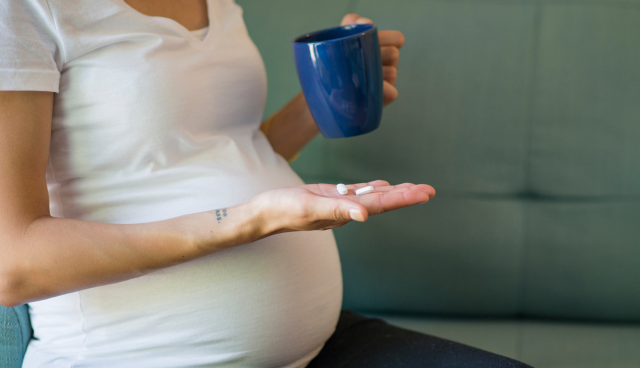
After How Many Weeks IVF Pregnancy Is Safe?
What Impacts IVF Pregnancy Success Rates
- Maternal Age – The older the mother, the higher the chances of chromosomal abnormalities leading to miscarriage. At age 35, risk is 15%. At 40, risk increases to 34%.
- Embryo Quality – Embryos graded higher have a better chance of resulting in an ongoing pregnancy without miscarriage. Top quality embryos have 85% viability.
- Number of Previous Failures – More previous failed transfers or miscarriages reduces future viability rates. After 3 failures is considered “recurrent implantation failure”.
- Lifestyle Factors – Smoking, alcohol abuse, high BMI can adversely impact IVF pregnancy rates. Optimizing health improves safety.
Miscarriage Risk by Week in IVF Pregnancies
- Week 4 – 1 in 4 risk of loss
- Week 5 – 1 in 5 risk
- Week 6 – 1 in 10 risk
- Week 7 – 1 in 15 risk
- Week 8 – 1 in 25 risk
- Week 12 – 1 in 100 risk
As you can see, once an IVF pregnancy makes it through the first 8-10 weeks, the odds start going down more significantly. By week 12 the risk is just 1%.
After How Many Weeks Are IVF Pregnancies Considered Viable
- Week 6 – At this point, the risk drops to 9-11%. Considered a “chemical pregnancy.” The embryo has implanted successfully but still very early days.
Week 8 – Now the risk is under 5%. Embryo is developing rapidly into a fetus with recognizable heartbeat on ultrasound. Considered the time most doctors feel confident about viability. By week 9, the risk drops as low as 2%.
Therefore weeks 6 to 8 are critical hurdles for an IVF pregnancy. If you have a healthy ultrasound showing embryo growth and heartbeat by your 8 week appointment, you have crossed an essential viability threshold. However miscarriage risk will never be completely zero until you give birth. After week 8 the risk just keeps progressively decreasing each additional week the pregnancy continues.
Reducing Risk Factors Once Pregnant
- Continue Progesterone Supplements – Most doctors will keep you on supplements until at least week 10 as progesterone helps sustain pregnancy in early days.
- Start Prenatal Vitamins – Essential vitamins and minerals support embryo development and reduce defects. Mainly folic acid and omega-3’s.
- Stay Hydrated – Dehydration can impact early cell division and growth. Drink plenty of purified water.
- Prioritize Sleep – Getting consistent deep sleep helps lower stress hormones that can impair pregnancy.
- Adopt Healthy Lifestyle – Follow balanced nutritious diet, exercise moderately, and do relaxing activities. This nourishes your body to nurture the pregnancy while also keeping stress low.

